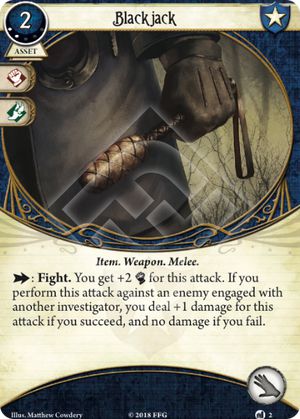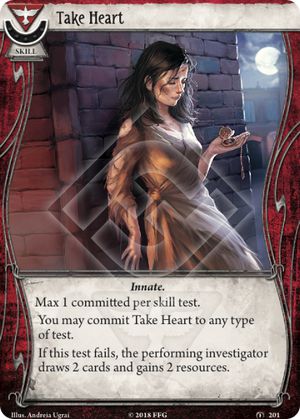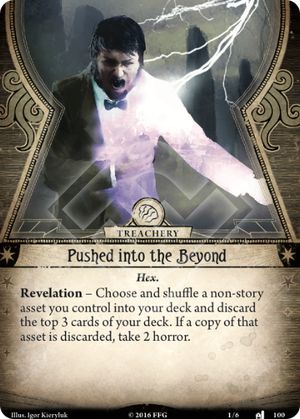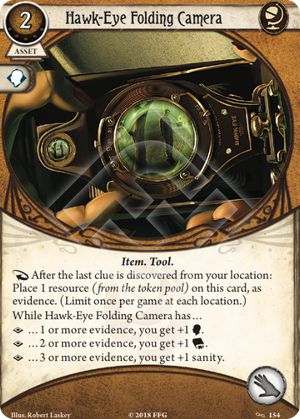
While level 0 blackjack struggles to be seen better than a knife, I became a believer of this level 2 head bopper in our TCU campaign. Joe Diamond rushing in with a machete while Diana had his back with this was quite the dream.
Currently with the taboo list, this costs the same as the machete as well. But blackjack favors the different playstyle. I think this weapon delivers when wielded by secondary guardians who aren't going to be primarily engaging and have clue-gathering or other casting to do with their other actions.
Compared with other weapons at this level, the .45 automatic might seem to be a better bet. Not damaging allies and ammo limitations aren't nothing though. Additionally, for resource-hungry decks, the 2 cost blackjack allows for a better turn 1 setup, is playable in the later game when you find yourself naturally low on cash.




